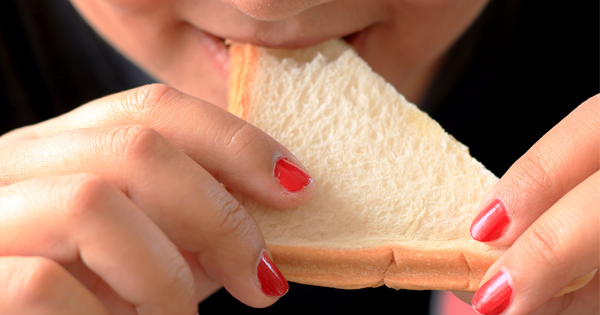Advertisement
It’s hard to know why, but for some reason, the rumor has spread throughout the fitness world that going gluten-free, even if you don’t have gluten intolerance or celiac disease, will make you lose weight.
It’s probably because of celebrity unofficial sponsors, like Victoria Beckham and Miley Cyrus, as well as all of the gluten-free products that now line our shelves among the health food.
But it’s in the health food because it’s for allergies, not because it’s better for you.
If you need further proof that gluten-free products won’t help you lose weight, let’s talk about this new study, which is kind of a study of studies.
This new paper, published in the Journal of the American Academy of Physician Assistants, says that there is not one ounce of scientific proof, in any study, that even slightly supports a weight-loss claim for a gluten-free diet.
Or, in the words of Glen Gaesser, PhD, the lead author of the study: “We couldn’t find a single study published that supports a weight loss claim for a gluten-free diet.”
Of course there’s nothing wrong with cutting back on your carb intake, because that does mean you’re not eating as many empty foods that just keep you wanting more. But if you’re just swapping your gluten carbs for gluten-free carbs, you’re not going to get anywhere.
A gluten-free pizza crust, for example, probably has just as much, if not more, calories and sugar than its normal counterpart.
So if your diet is “gluten-free,” you’ll only really lose weight if you cut carbs, not replace them. And gluten may have its benefits. It can lower triglycerides and increase your beneficial gut bacteria levels.
So when can a gluten-free diet beneficial? Gaesser’s answers aren’t all that surprising:
- If you have a wheat allergy
- If you have celiac disease
- If you have non-celiac gluten sensitivity




